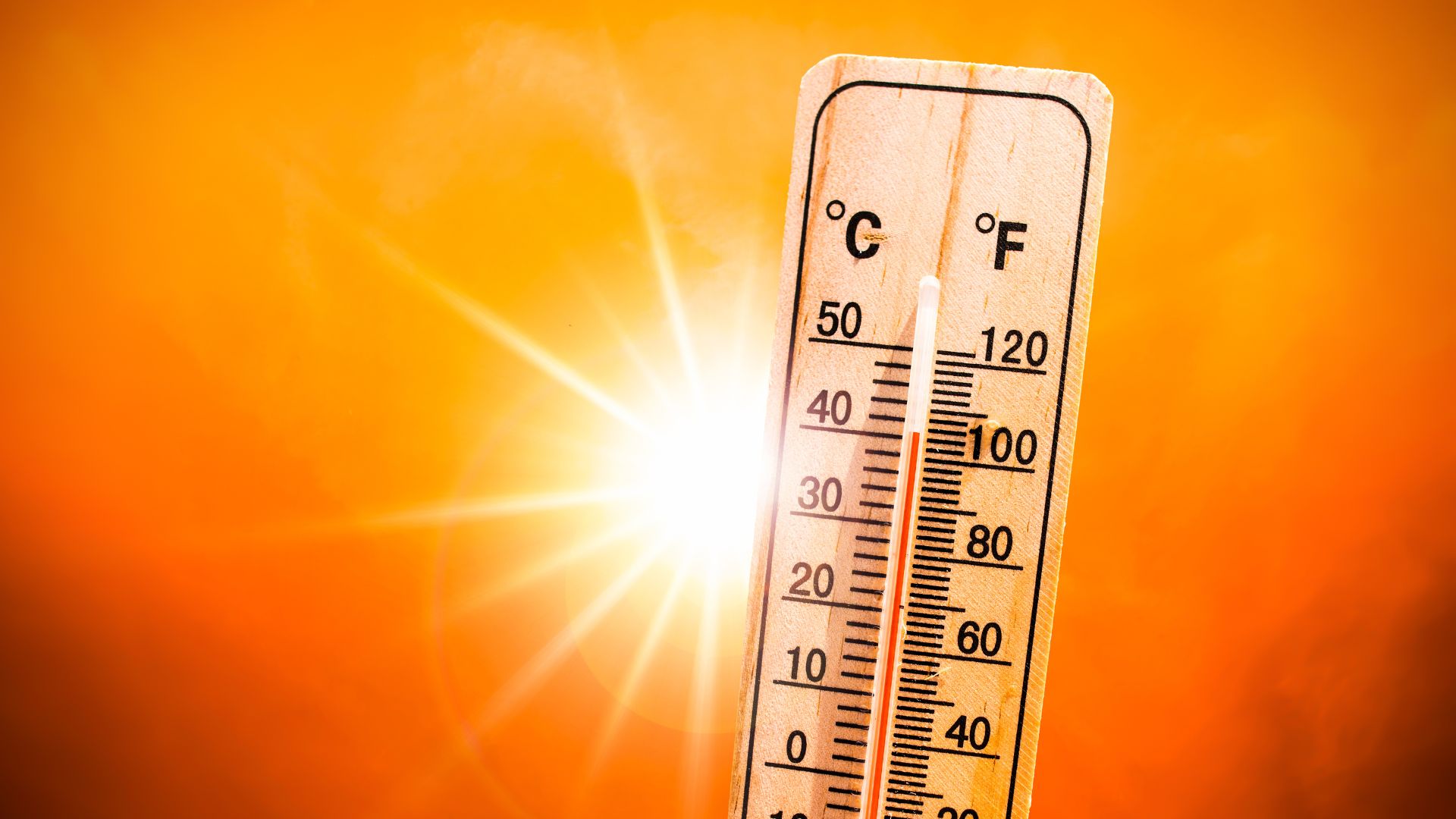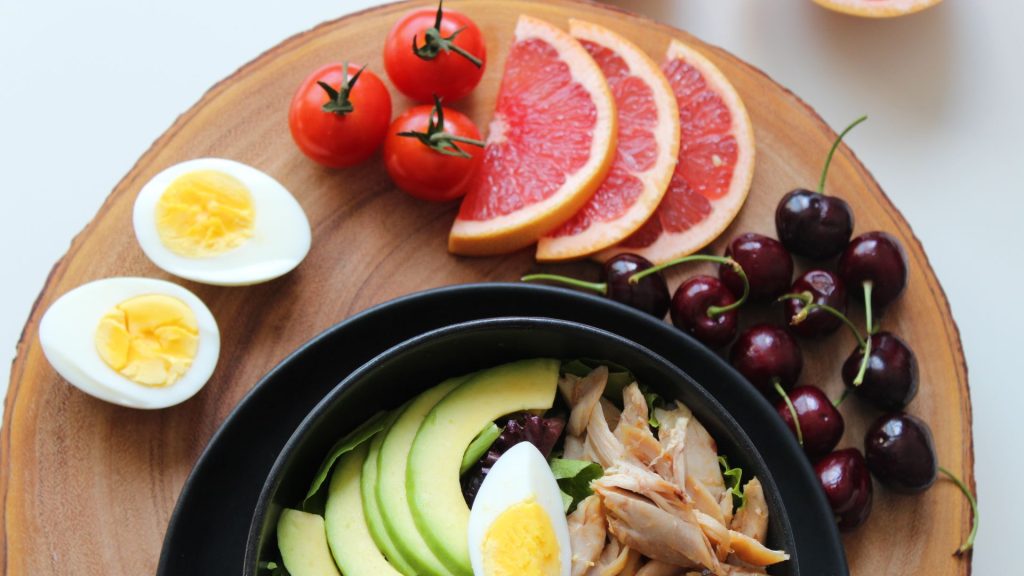Summer is one of the most eagerly awaited seasons of the year. Good weather, holidays, and longer days are meant to be enjoyed to the fullest. However, it can also be a time when our eating habits change.
There are more outings, different types of meals, spontaneous plans, and refreshing products (whether soft drinks or ice cream). Is it possible to take care of your nutrition in summer without becoming obsessed or giving up those little pleasures? The answer is yes—let’s explore how!
Arantxa Jiménez – Neolife Nursing Unit
Listen to Your Hunger and Satiety Signals
Heat often affects appetite: some people eat less, while others eat more irregularly due to changes in routine. The key is to reconnect with your internal cues.
- Eat when you feel real hunger, not just out of boredom or habit.
- Stop when you feel satisfied—you don’t need to finish everything on your plate if you already feel full.
- Take breaks while eating, chew your food well, and pay attention to how you feel.

The speed at which we eat has a direct impact on our feelings of hunger and satiety. Eating in a relaxed, unhurried environment helps prevent overeating. Another useful tip for summer meals is to serve your food on your plate.
Those grazing-style lunches or dinners where we don’t track how much we’ve eaten tend to disconnect us from our satiety signals. By serving yourself a portion, you become more aware of how much you are consuming, which helps you feel satisfied sooner.
Take Care of Your Hydration
Hydration is one of the most important pillars of summer. With higher temperatures and more outdoor activity, we lose more fluids through sweating. What can we do?
- Drink water regularly, even if you don’t feel thirsty.
- Avoid excessive intake of sugary drinks, alcohol, or highly stimulating beverages—they can increase dehydration.
- Cool your body with water-rich foods: fruits like watermelon, melon, cucumber, and tomato are ideal.
Healthy tip: Always carry a reusable water bottle with you. It will help you drink more and reduce consumption of ultra-processed beverages.
Enjoy Treats Without Guilt
Ice creams, slushies, tapas, dining out… Summer usually comes with more indulgences, and that’s perfectly okay. What matters is the frequency, the amount, and your mindset.
- Give yourself permission to enjoy these moments without guilt. During the summer, it’s completely normal not to follow the same eating patterns you’ve had throughout the year. Enjoying the food aspect of your holidays is also important.
- If you have an ice cream, enjoy it consciously and savor it. This is much better than mindlessly eating several.
- Listen to your body and what it’s asking for. If you’re really craving something sweet, don’t try to trick yourself by eating something else—you’ll likely end up eating what you wanted in the first place. Finding a balance between what we like and what we want is key.
Important reminder: Your health is not determined by what you eat occasionally, but by what you do consistently.
Adapt Your Diet to the Weather
When it’s hot, our bodies naturally prefer lighter, fresher meals. Take advantage of this tendency to include more healthy foods.
- Increase your intake of fruits, vegetables, and fresh produce—they are rich in fiber and antioxidants.
- Choose gentle cooking methods: grilling, steaming, baking, or eating raw (like in salads).
- Avoid heavy meals that leave you feeling sluggish.
- Don’t forget about legumes! They are often associated with winter dishes (like stews), but there are plenty of refreshing summer recipes to keep including them. Some ideas: hummus, lentil pasta salad, mixed legume salads…
Summer idea: Try making ice creams with frozen fruit blended with cow’s milk, plant-based milk, or yogurt. They’re both refreshing and nutritious.
Keep Exercising—But Be Smart About It
Summer is also a great time to move more, whether at the beach, in the mountains, or through outdoor activities. But be mindful of the heat.
- Avoid exercising during peak sun hours (it’s better early in the morning or late in the evening).
- Stay well-hydrated before, during, and after exercise.
- If you sweat a lot, make sure to replenish electrolytes (you can add a pinch of sea salt to your water or eat potassium-rich foods like bananas).
Natural movement: Swimming, walking barefoot on the sand, playing with friends, or doing yoga outdoors also count as physical activity.
Conclusion: Balance, Enjoyment, and Awareness
Summer doesn’t have to be a season of excess or restriction. You can enjoy your meals, indulge in your cravings, stay active, and take care of your health with a flexible, balanced, and mindful approach.
Remember: eating well is not an obligation—it’s a way of caring for yourself and feeling your best. And summer, with its more relaxed rhythms, can be the perfect time to reconnect with your well-being.
BIBLIOGRAPHY
(1) Daly, , Pace, T., Berg, K., Menon, R., & Azevedo, K. J. (2020).
Mindful eating and its relationship with body mass index and eating behavior among university students.
Mindfulness, 11, 2324–2334. https://doi.org/10.1007/s12671-020-01473-1
(2) Kavouras, A., Johnson, E. C., Bougatsas, D., Arnaoutis, G., Panagiotakos, D. B., & Sidossis, L. S. (2015).
Water intake and hydration indices in healthy European adults: The European Hydration Research Study (EHRS).
Nutrition, 31(5), 647–652. https://doi.org/10.1016/j.nut.2014.10.011
(3) Kristeller, L., & Wolever, R. Q. (2011).
Mindfulness-based eating awareness training for treating binge eating disorder: The conceptual foundation.
Eating Disorders, 19(1), 49–61. https://doi.org/10.1080/10640266.2011.533605
(4) King, A., Wasse, L. K., Ewens, J., Crystallis, K., Emmanuel, J., & Batterham, R. L.(2015).
Differential effects of exercise on eating behavior and appetite in lean and overweight adults in a cold environment.
Appetite, 85, 240–245. https://doi.org/10.1016/j.appet.2014.11.002


